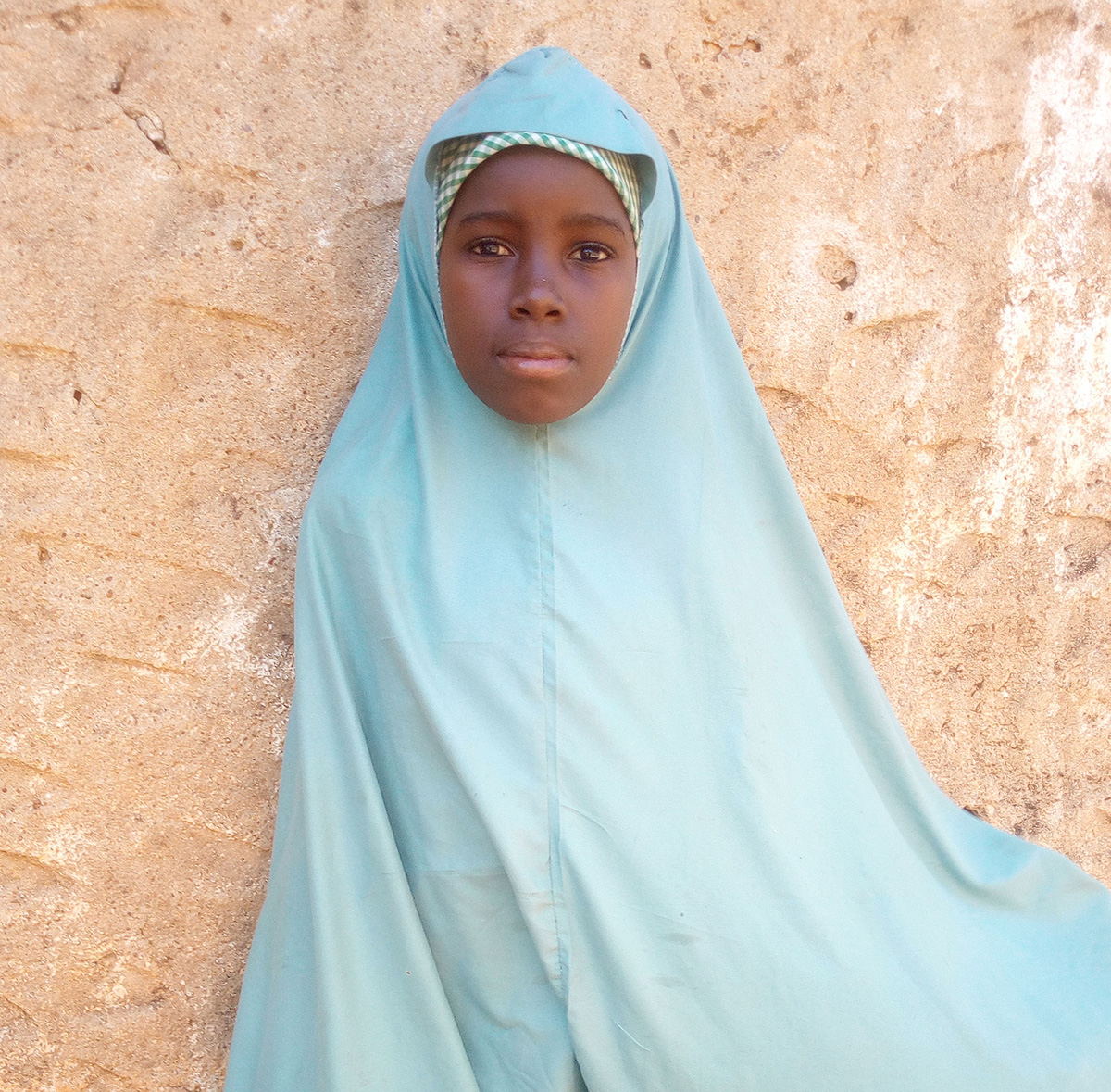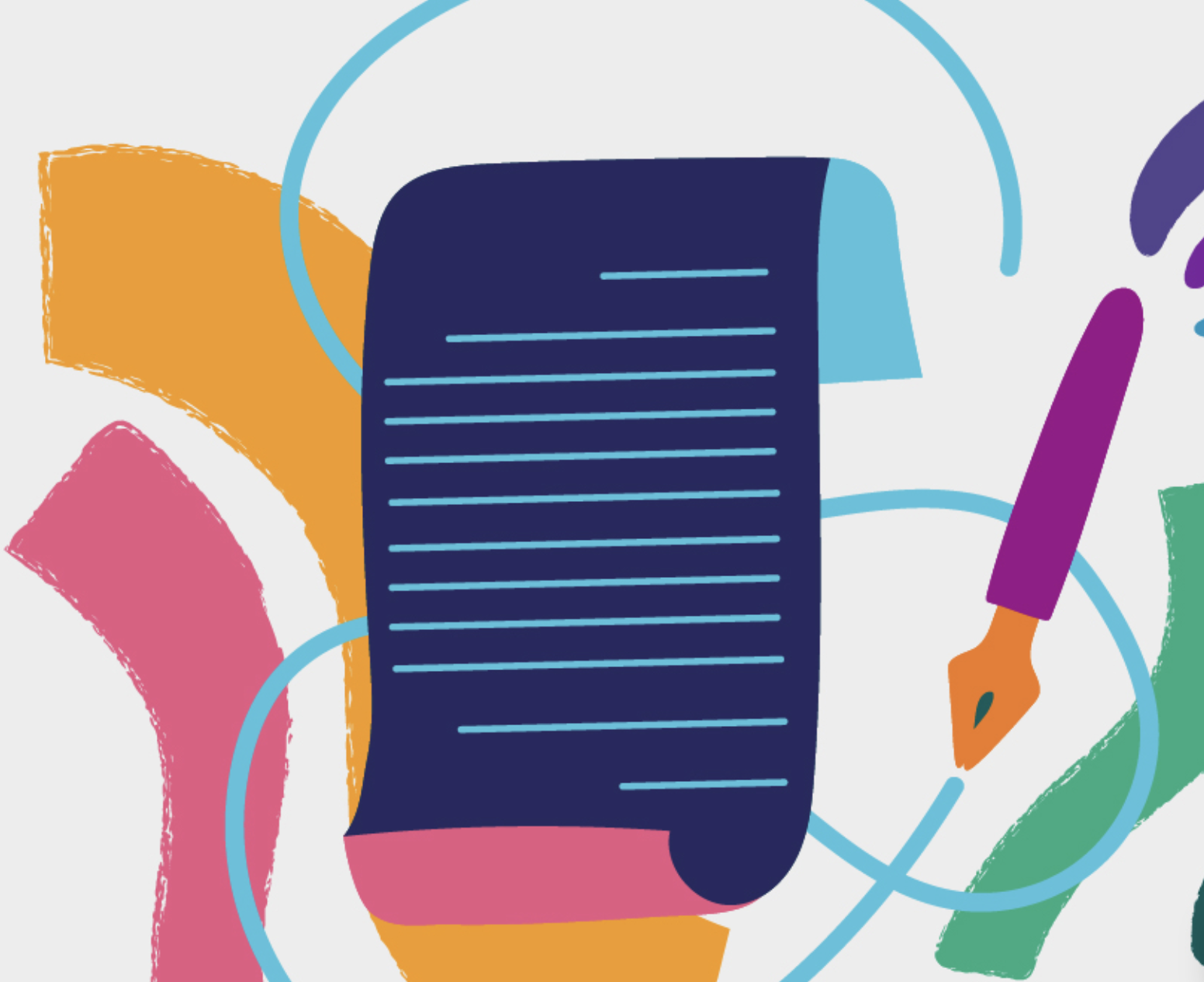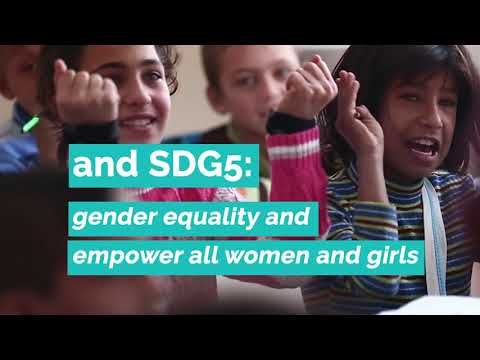
Marium, 11, was the first girl in her family to go to school.
Born to a family of modest means in a remote agricultural community in Nigeria — her father is retired and the family of seven lives on his pension — Marium’s parents had hoped to see their daughter gain a good education. But despite moving up to the fifth standard this year in the neighborhood school, Marium still could not fully read, write or count. She appeared destined to go without a quality basic education like many other girls in her community.
Marium’s story is not unique. Despite being enrolled in schools, over 90% of girls in marginalized communities like hers in Sub-Saharan Africa fail to meet minimum proficiency in reading by the time they are of age to complete primary school. And this isn’t just happening in Africa. UNESCO’s Institute of Statistics estimated in 2017 that globally, six out of 10 children and adolescents of school age would never achieve minimum reading and math skills.
Despite being in schools, over 90% of girls in marginalized communities in Sub-Saharan Africa fail to meet minimum proficiency in reading by the time they are of age to complete primary school.
A new beginning
In the summer of 2018, things began to change for Marium. Her school received support for an accelerated learning program for upper primary students, designed to impart basic literacy and numeracy skills to children who have fallen significantly behind grade level. Marium was among the first to be enrolled.
The project is run by my organization, Discovery Learning Alliance (DLA), which works in Nigeria, Ghana and Kenya to improve the quality of teaching and learning in schools, with a special emphasis on increasing girls’ access to quality education. In partnership with the UK Government’s Girls’ Education Challenge since 2014, the project provides intensive teacher training and coaching, educational video to support learning, low-cost classroom technology and community mobilization to change social mindsets around girls’ education.
Fundamental to the project that helped Marium is teacher professional development grounded in the science of ‘mind, brain and education,’ which helps teachers understand how children learn best, and brings learning to life for the students. All participating teachers receive training in literacy and numeracy pedagogy that reinforces child-centered and gender-responsive teaching methods, supplemented by learning resources developed with input from students, educators, and community leaders.
To help teachers use these techniques effectively, the program provides learning materials specifically designed for accelerated instruction in basic literacy and numeracy. In addition to a math and literacy video series, the teachers are provided large-format charts exhibiting basic math and phonics-based reading elements, with number lines, geometric shapes, the phonetic alphabet, and leveled consonant and vowel sounds and sight words.
The math and literacy video series are aimed at developing foundational English literacy and numeracy skills. Produced in collaboration with local educators, the two series follow the adventures of an animated brother-sister duo who stumble on a magical notebook that introduces them to a whole new world. Together with their friends, the children uncover exciting adventures while solving challenges that help them develop foundational literacy skills in the core areas, phonemic awareness and phonics, vocabulary development, fluency and comprehension; and math skills like counting, number patterns, place value, basic operations, geometry, and more.
In addition to helping students develop specific literacy and numeracy skills, the videos enable teachers to foster problem solving and imagining new ways of doing things. Teachers are also trained to help students appreciate the wide applicability of math skills in their daily lives and make a connection between math and the world around them though culturally relevant video content like applying math to cooking daily meals, or playing local games.
“A confidence she never had before”
During the project’s baseline assessment of learning levels in Marium’s school, she had scored just 12 out of 50 in Numeracy and 6 out of 50 in English Literacy. After six weeks of classes, these scores improved to 20 in numeracy and 45 out of 50 in Literacy. Her reading, vocabulary and phonics improved from 12% to 90%.
Most importantly though, an invigorated Marium gained confidence she never had before. Once unable to get through her school assignments, she is now an avid reader and is setting life goals.
When I grow up, I want to become a medical doctor who looks after children,” Marium says, adding, “It is important to go to school to get a good life and be able to live healthy and clean.
Another outcome of this increased confidence is Marium’s decision to share what she has learned with others. She started an evening phonics class in the small yard of her house for her younger siblings and neighboring children.
“I started teaching to benefit the children so that they could read and form sentences as I was taught at school,” Marium says about her motivation.
Marium’s students aren’t limited to children. One of them is her mother, who never went to school and is now learning to read from her daughter. She is proud of Marium, whom she recalls once had trouble finishing homework without a teacher’s help.
Now, she says, “other children have found a teacher in her!”
Marium’s story is a powerful reminder of the ripple effects of a good education on not just girls, but on entire families and communities.


